Common Philadelphia Water Heater Myths:
Everything You Need to Know
As a homeowner, it's essential to be aware of common water heater myths that can lead to confusion. To provide clarity, we have created an informative guide debunking these myths. By exploring this guide, you'll gain valuable insights and discover surprising truths about water heaters, empowering you to make informed decisions for your home.

Myth #1: Water heaters don't need to be replaced
Contrary to popular belief, water heaters do have a limited lifespan. Although they can last for several years, factors like usage, maintenance, and quality affect their longevity. On average, water heaters typically last around 8 to 12 years. It's crucial to be aware that delaying the replacement of an old unit can lead to costly repairs and potential water damage. To avoid these issues, it is advisable to consider replacement options when your water heater nears its expected lifespan. This proactive approach helps prevent unwanted situations and ensures the continued functionality of your water heater.

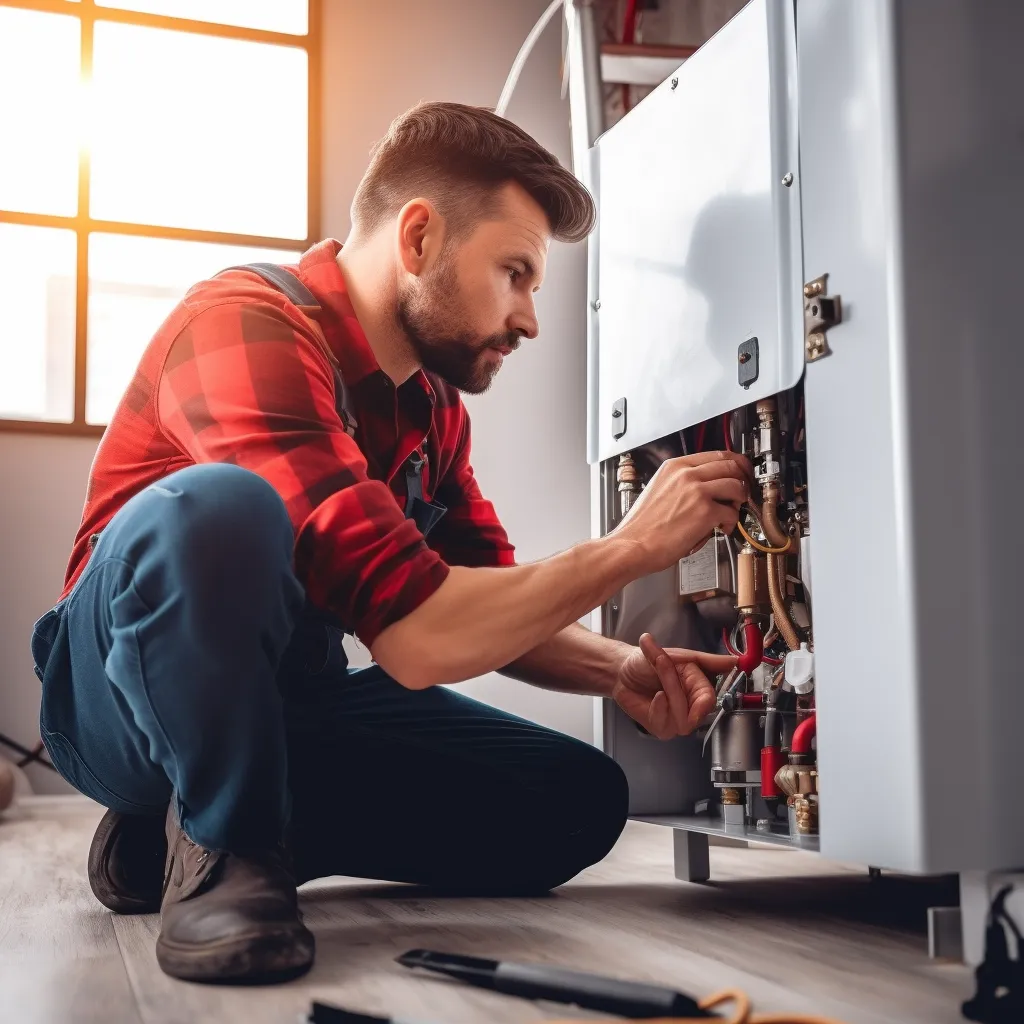
Myth #2: All water heaters are identical
Water heaters are not one-size-fits-all. They come in different sizes, shapes, colors, and efficiencies. It's important to consider your hot water needs, desired delivery speed, and potential energy savings when purchasing a water heater. By choosing the right water heater for your specific requirements, you can save a significant amount of money on energy bills. Don't believe the myth that all water heaters are the same. Instead, make an informed decision that will provide you with reliable hot water throughout the year and help you save money in the long run.

Myth #3: A bigger tank = more hot water
When choosing a hot water tank, it's important to know that a bigger tank doesn't always mean more hot water. While larger tanks can hold more water, they can also result in higher energy consumption and increased utility costs without necessarily providing additional hot water. It's crucial to select a tank size that matches your household's specific hot water requirements, ensuring a sufficient supply without unnecessary financial burden.
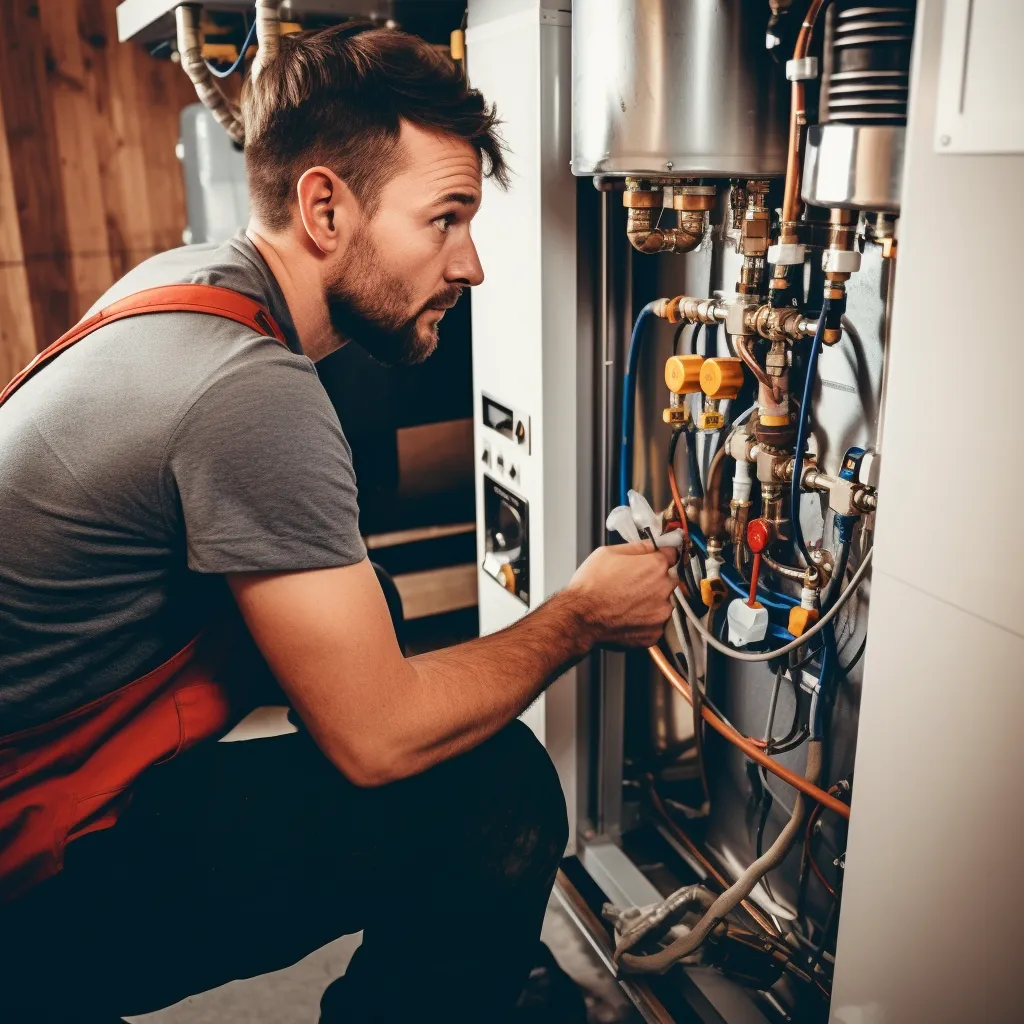

Myth #4: You can repair or replace a hot water heater on your own
If you're experiencing issues with your hot water heater, it's important to address them promptly. However, attempting to fix the problem yourself can be risky and may lead to further complications or personal injury. It is highly recommended to seek the assistance of professional water heater repair technicians who have the expertise and knowledge to handle the situation safely and effectively. Their professional assistance will ensure that the problem is properly diagnosed and resolved, restoring your hot water supply efficiently and minimizing any potential risks.
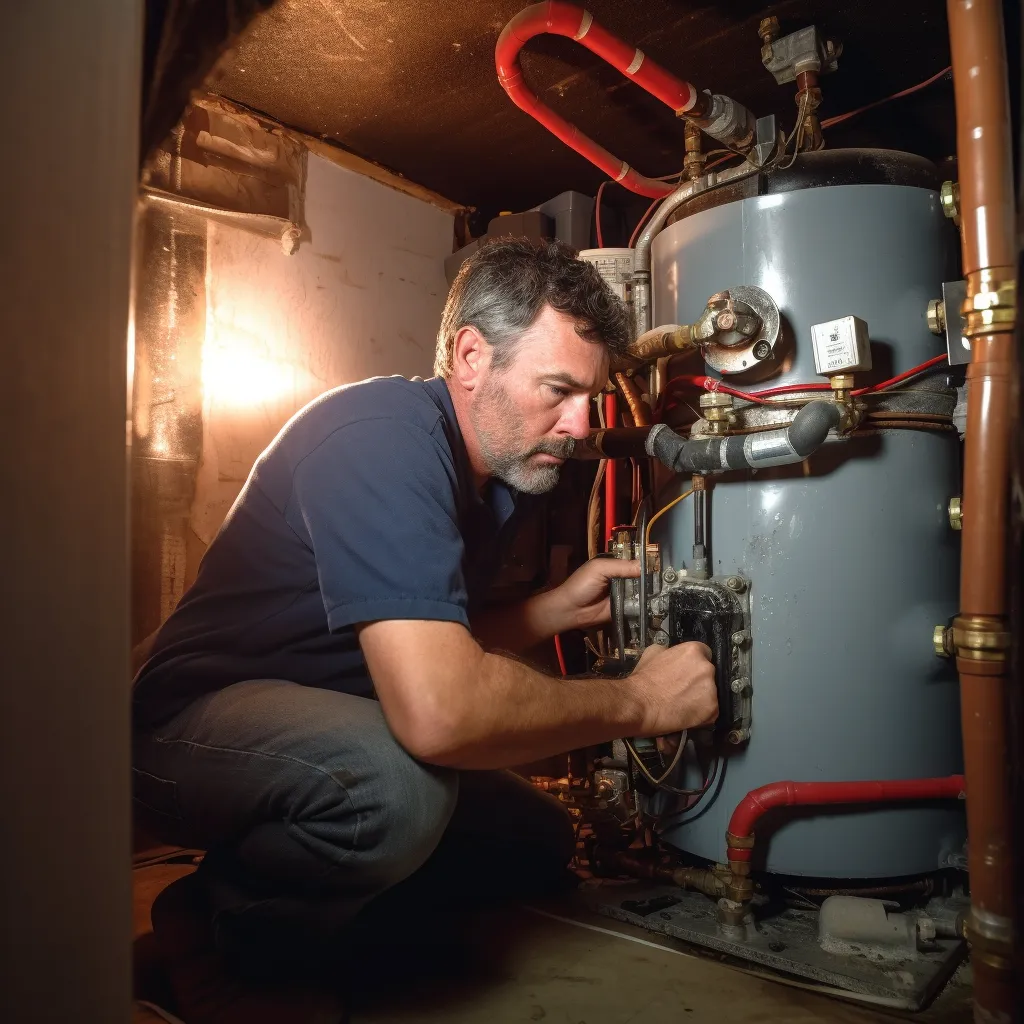
Myth #5: Your water heater doesn't need maintenance
Regularly flushing your water heater is crucial for maintaining optimal performance and extending its lifespan. Neglecting to flush your water heater can lead to sediment buildup, which can reduce its efficiency and potentially cause malfunctions. By conducting regular flushing, you can prevent sediment accumulation and ensure that your water heater operates efficiently. This simple maintenance task helps to remove accumulated sediment, improve water flow, and maintain the overall functionality of your water heater. Don't fall for the myth that flushing your water heater is unnecessary. Instead, make it a part of your regular maintenance routine to keep your water heater in excellent condition.
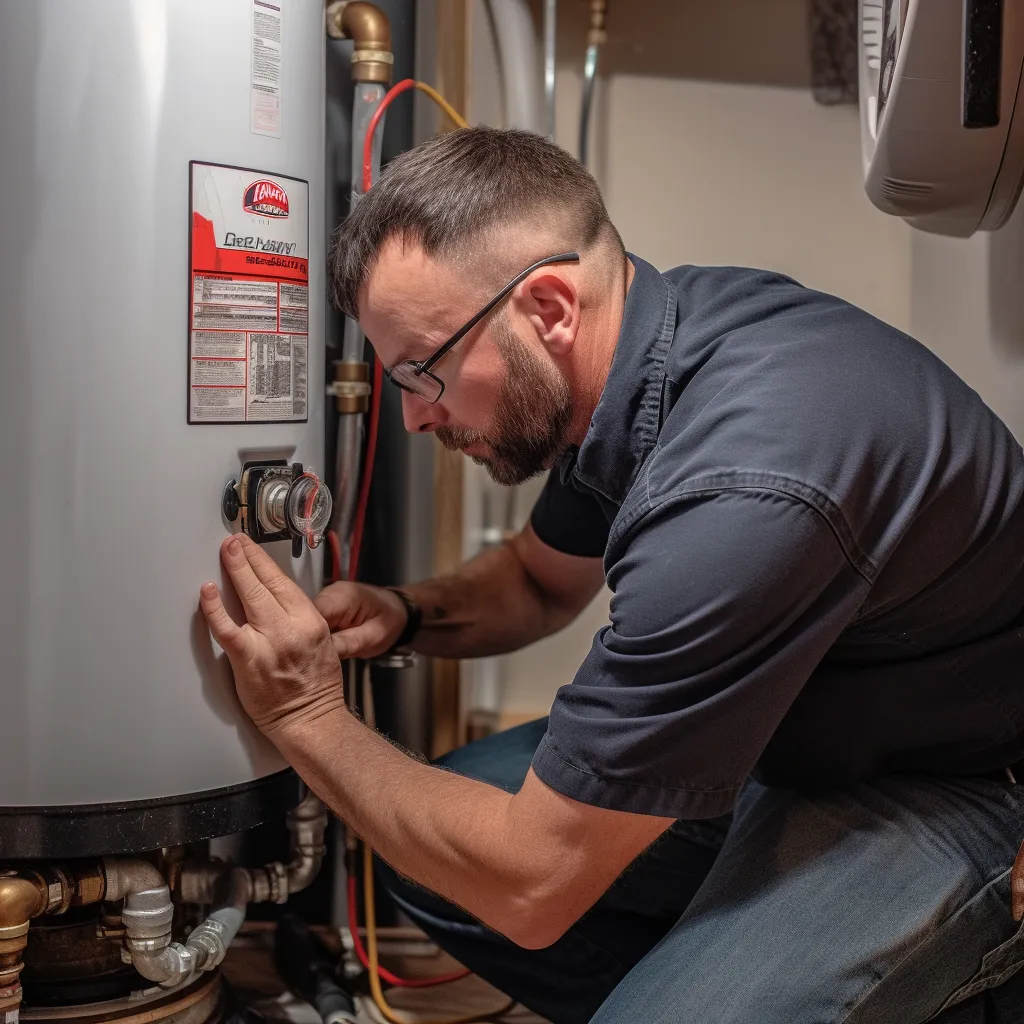
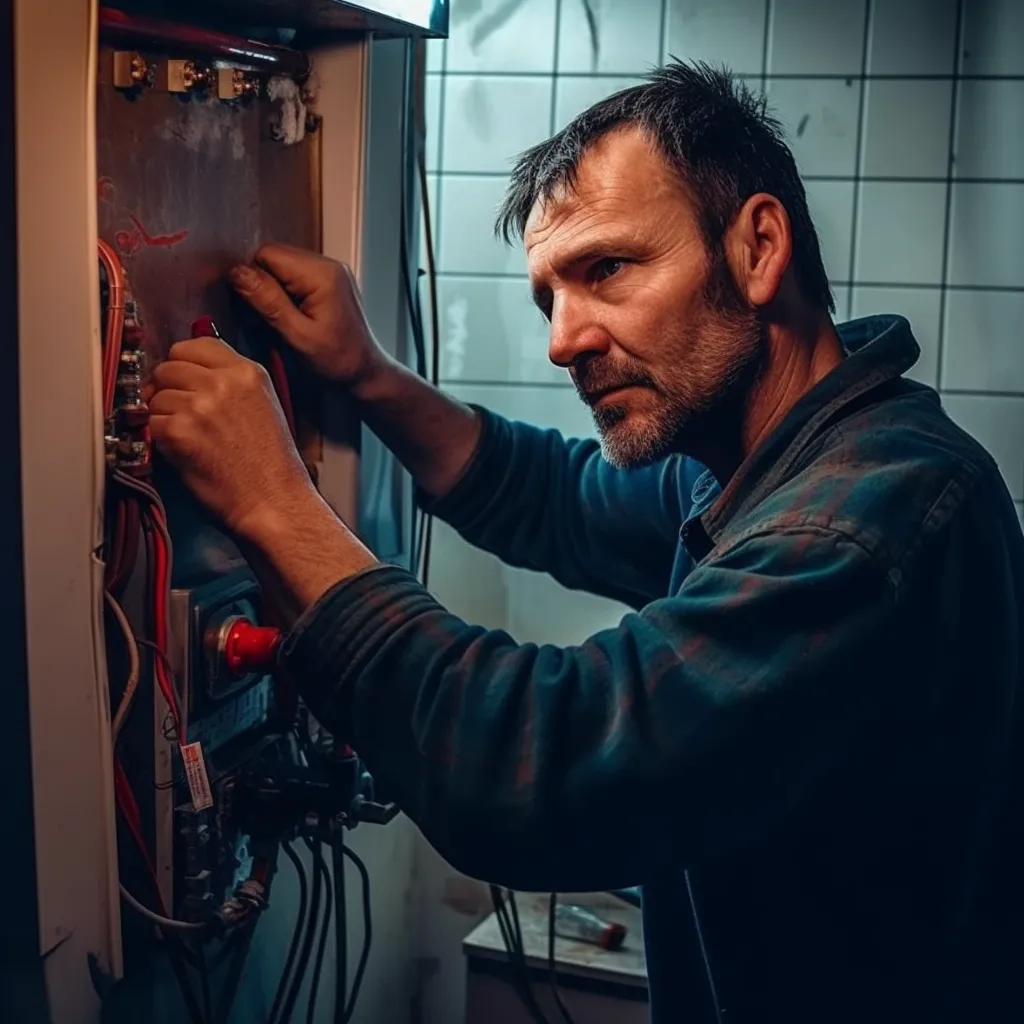
Myth #6: Keeping an old water heater saves money
Holding onto an outdated hot water heater in an attempt to save money is a misconception that can result in increased energy bills. Older heaters are typically less efficient and more prone to costly repairs, which can accumulate expenses over time. Instead of trying to cut costs by keeping an outdated unit, it's wise to consider replacing it with a reliable and energy-efficient model. By doing so, you can enjoy long-term savings on your energy bills and avoid the inconvenience and expenses associated with frequent repairs. Don't fall for the myth that keeping an old hot water heater is a cost-saving measure. Upgrade to a more efficient model and reap the benefits of improved performance and lower energy costs.
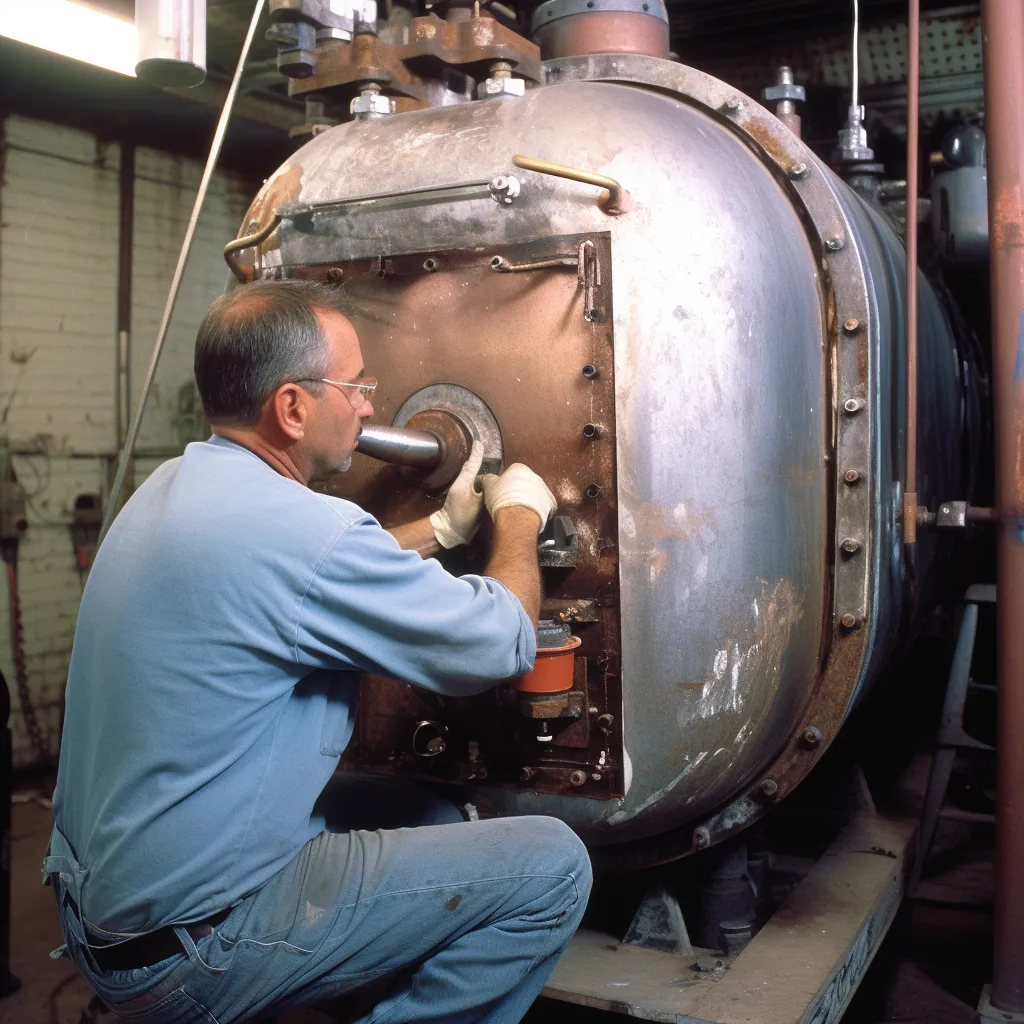
Myth #7: A bigger tank = more energy efficient
Choosing a bigger water tank does not guarantee increased efficiency or energy savings. In reality, an improperly maintained or insulated larger tank can actually result in higher energy costs. It's important to select a water tank that matches your specific needs to ensure efficient energy consumption. Opting for a larger tank when you only require a limited amount of hot water on a daily basis can lead to inefficiency and unnecessary energy consumption. By choosing the right-sized tank for your needs, you can optimize energy usage and avoid unnecessary expenses on your utility bills. Don't fall for the misconception that a bigger water tank always means better efficiency. Focus on selecting the appropriate size for your hot water requirements to maximize energy savings.

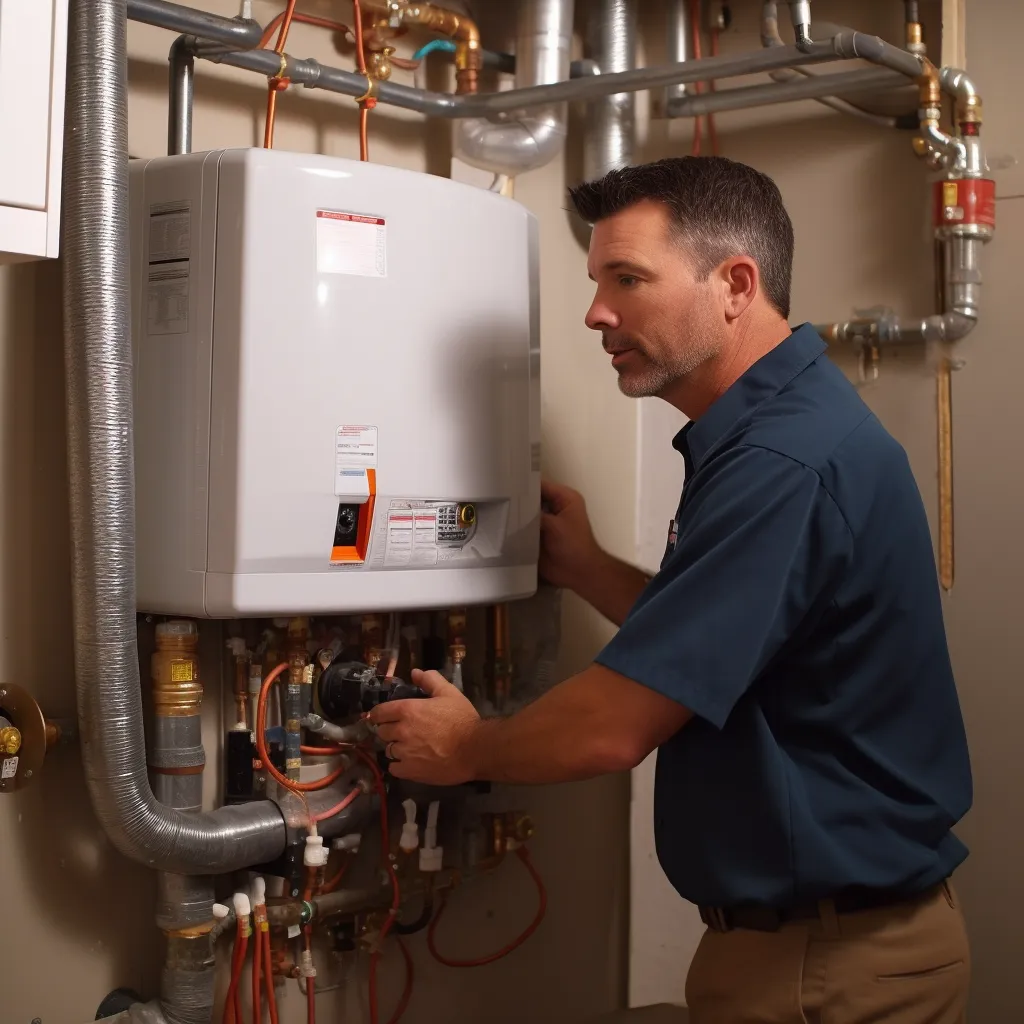
Myth # 8: It's better to crank up the temperature
While increasing the temperature of your water heater might seem like a simple fix, it's crucial to be cautious as it can have potential drawbacks. One significant concern is the risk of scalding and severe burns, especially for vulnerable individuals such as children and older adults. Higher water temperatures can also contribute to mineral buildup in pipes and appliances, leading to costly repairs or replacements. It's advisable to set your water heater temperature at a safe and appropriate level to ensure the well-being of your household and to prevent unnecessary damage or expenses.
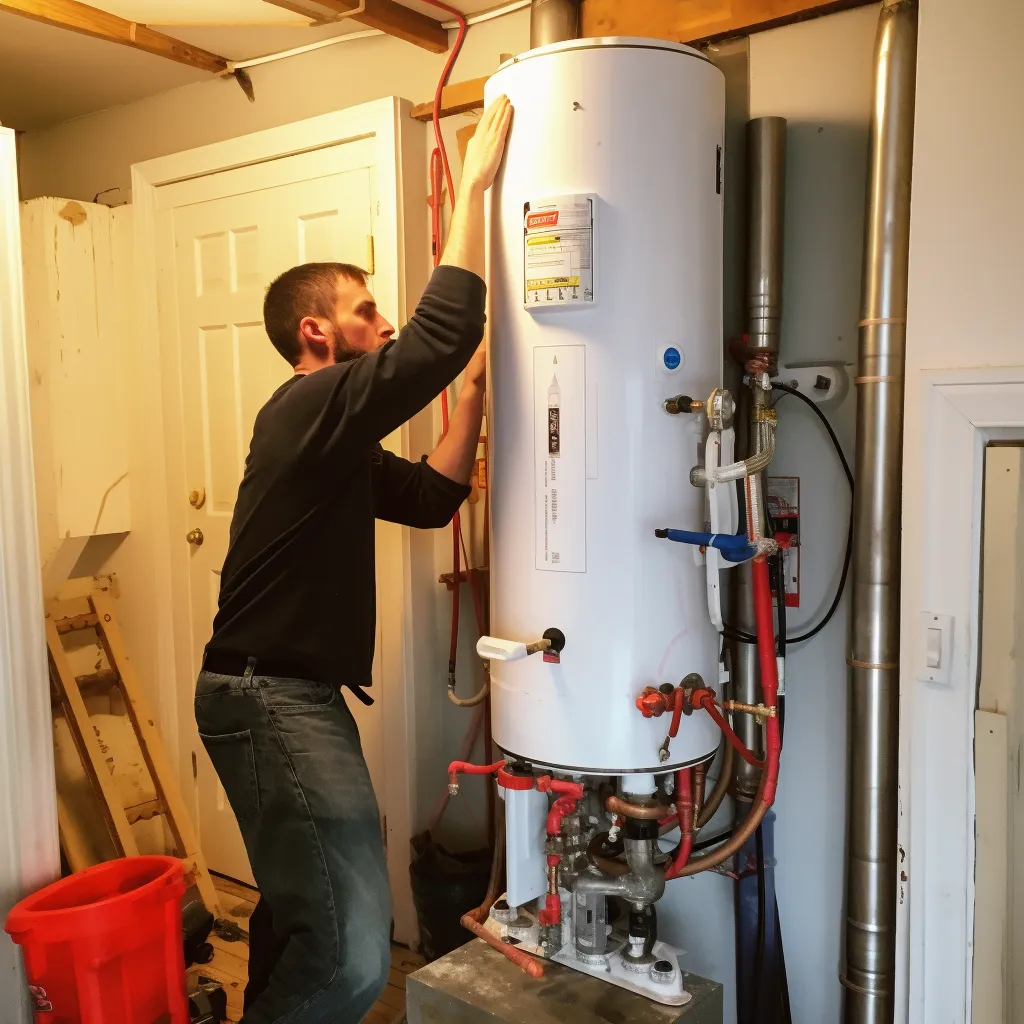
Myth #9: Setting your water heater to the highest temperature
is ideal
Setting your water heater to the highest temperature is not an effective way to quickly achieve hot water, and it is a common misconception. In reality, this practice not only wastes energy but also poses a significant safety risk by increasing the likelihood of severe burns. Most households can comfortably set their water heater to around 120 degrees Fahrenheit, which provides hot water for daily needs while ensuring safety. It's important to find the right balance between hot water availability and safety when setting the temperature of your water heater.
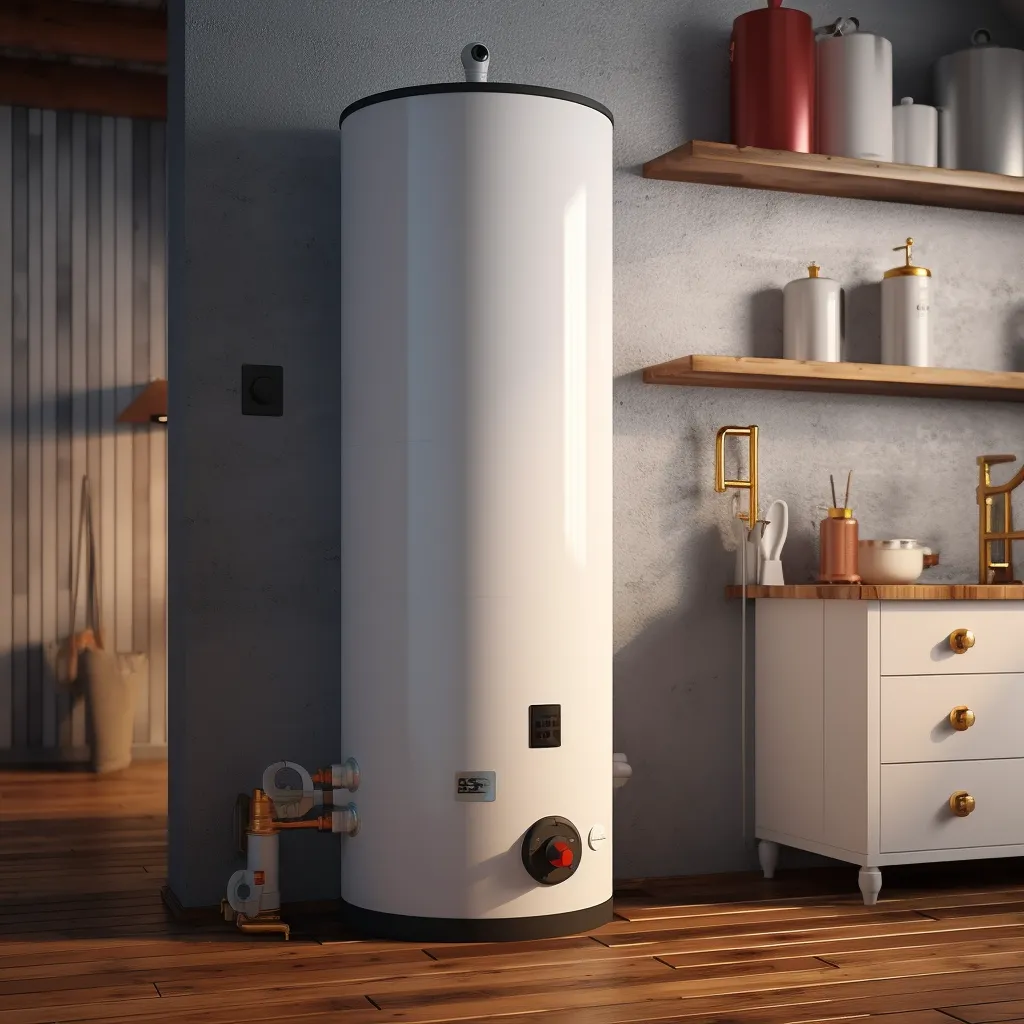

Myth #10: Your water heater wastes energy
Water heaters have made significant advancements in energy efficiency compared to older models. Modern technologies, such as tankless water heaters, provide a more energy-efficient approach by heating water on-demand rather than continuously maintaining heat in a tank. Additionally, features like insulation and timers are designed to minimize heat loss and optimize energy usage. Upgrading to a more energy-efficient water heater can lead to significant cost savings and reduced environmental impact.
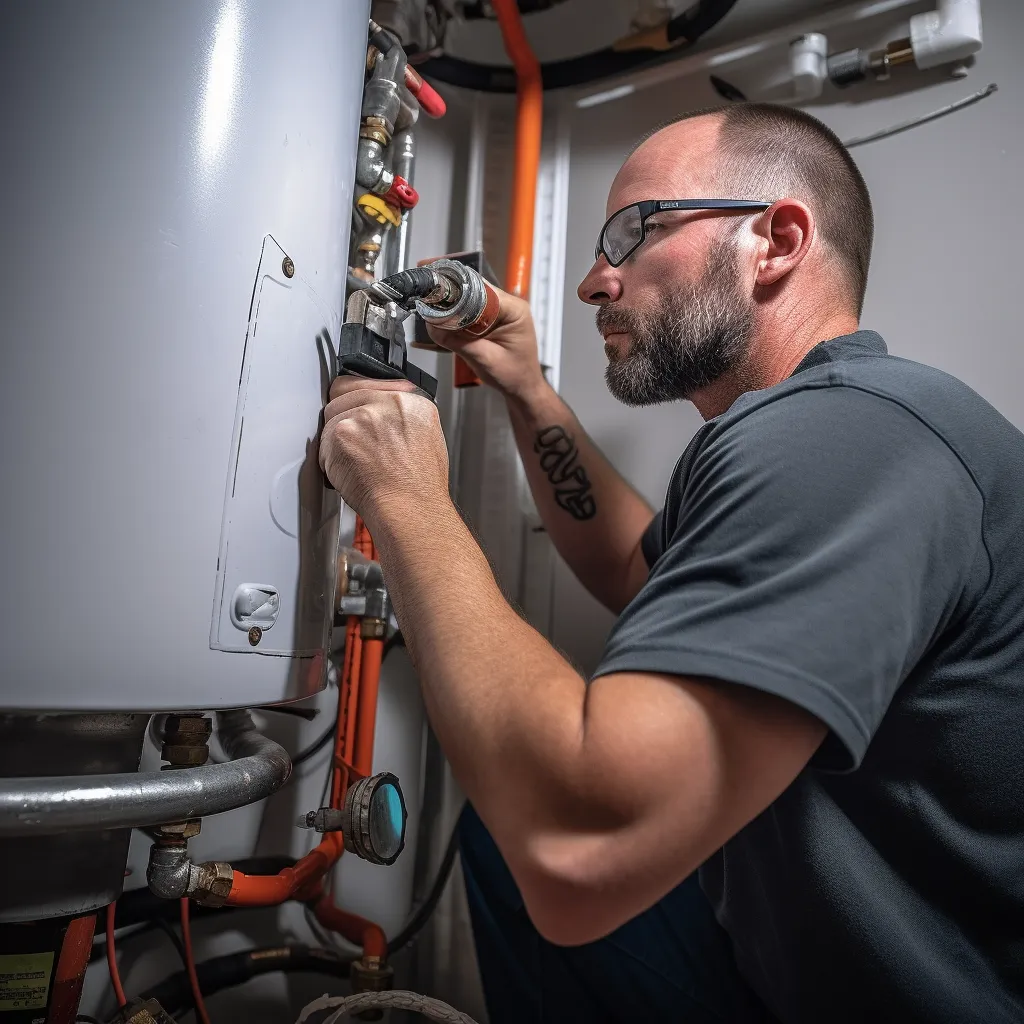
Myth #11: You don't need to regularly maintain
a water heater
egular maintenance is crucial for ensuring the proper functioning of water heaters. Neglecting routine upkeep can result in reduced efficiency, expensive repairs, or the need for replacement. To keep your water heater running smoothly, it's important to perform regular tasks such as checking the pressure relief valve, flushing the tank to remove sediment buildup, and ensuring the thermostat is functioning correctly. By staying on top of maintenance, you can extend the lifespan of your water heater and avoid potential problems down the line.

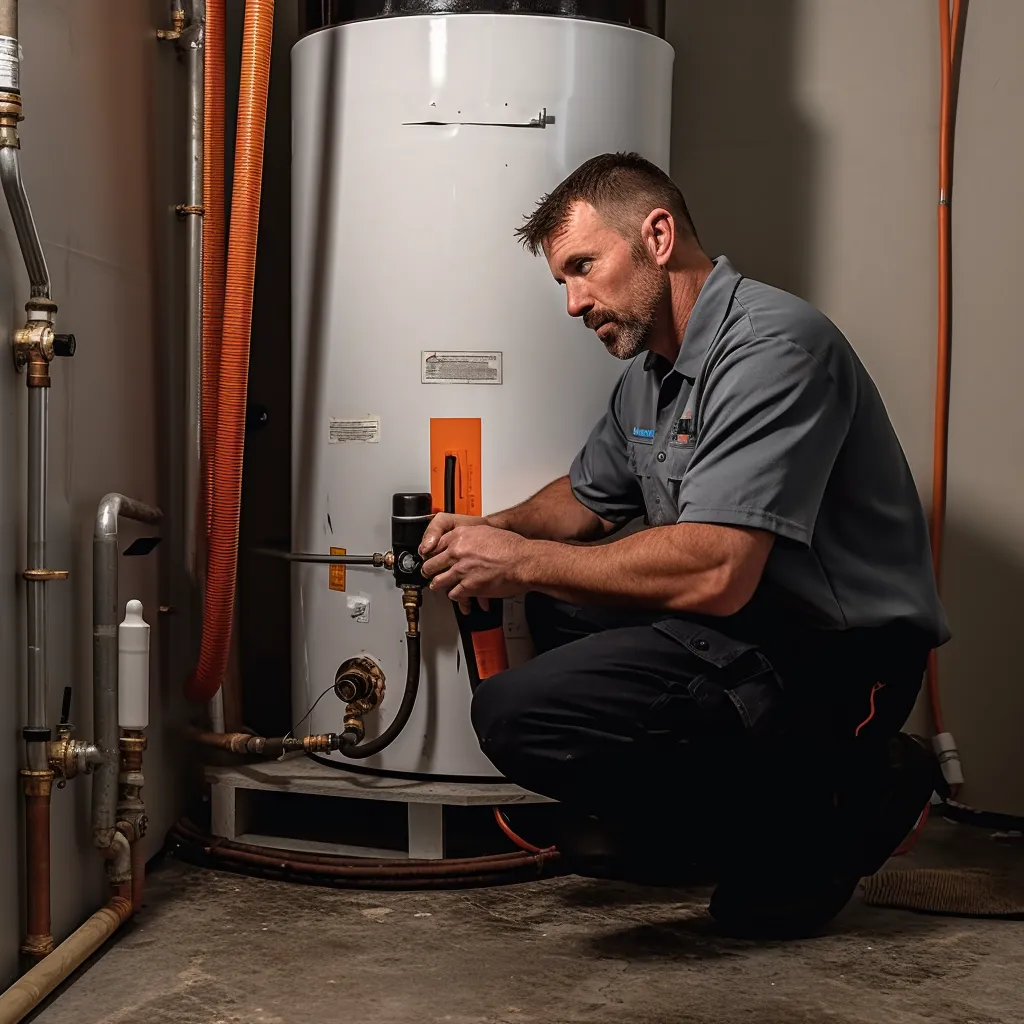
Myth #12: You can use any type of water heater in the home
When choosing a water heater for your home, it's crucial to consider factors such as your family size, the number of fixtures in your home, and your budget. It's a common misconception that any type of water heater will work for any situation, but different types, like tankless heaters, have specific requirements. To make sure you select the most suitable and cost-effective option, it's best to consult with a professional who can evaluate your specific needs and provide expert guidance. They can help you choose the right water heater that meets your requirements and ensures efficient and reliable hot water supply.
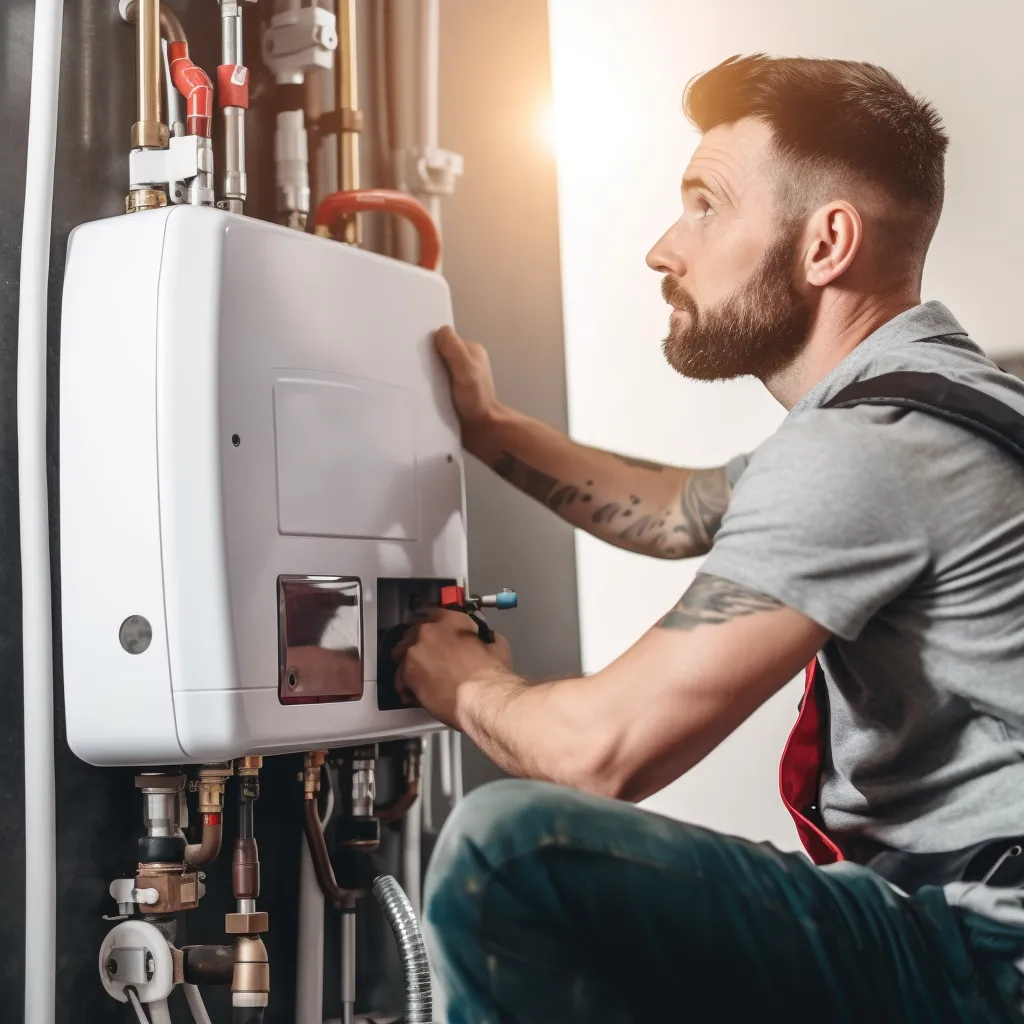
Myth #13: Hard water damages your water heater
While water heater manufacturers design their products to handle hard water, it's important to acknowledge that hard water can still have some adverse effects on your water heater. The minerals found in hard water, such as calcium and magnesium, can accumulate inside the tank and on heating elements, leading to reduced efficiency and potential damage. Regular maintenance, including flushing the tank and descaling, is essential to prevent excessive mineral buildup and ensure optimal performance. By taking proactive steps to address the impact of hard water, you can maintain the efficiency and longevity of your water heater.
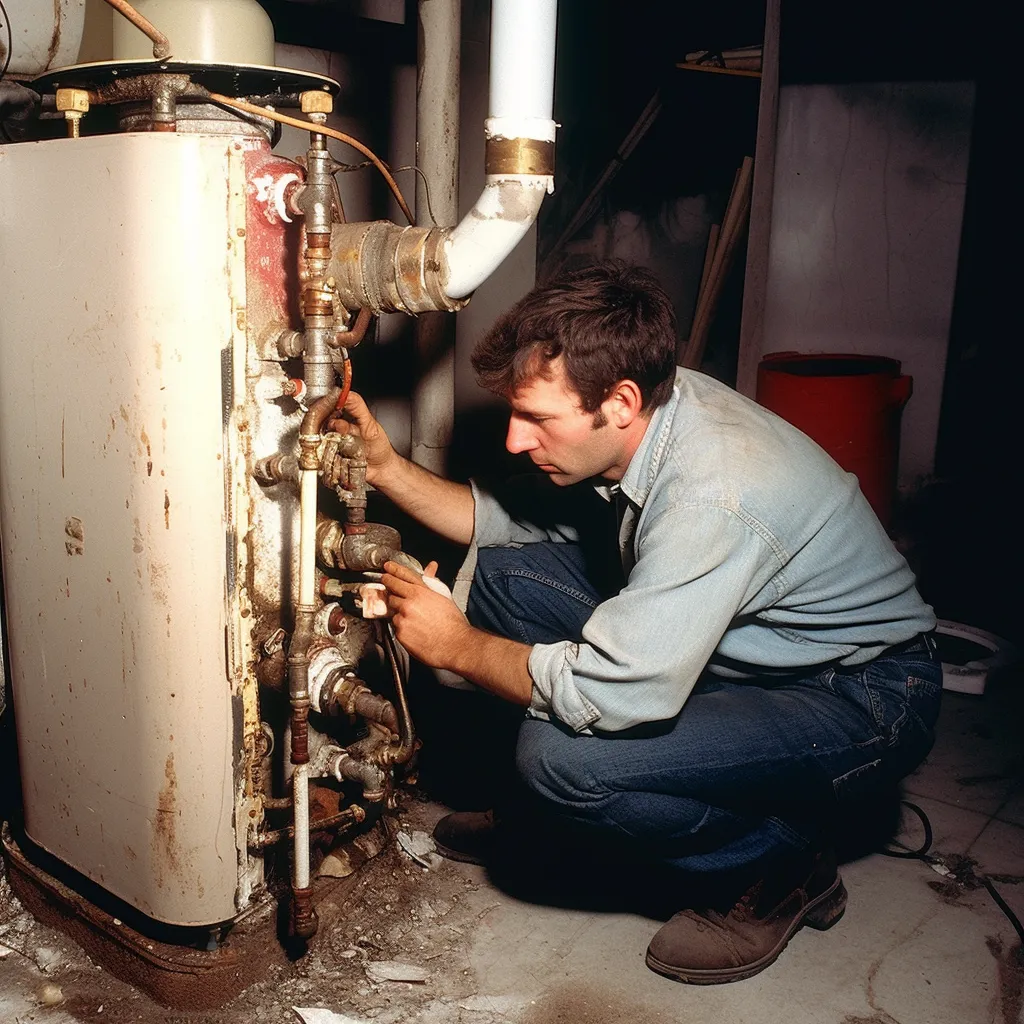
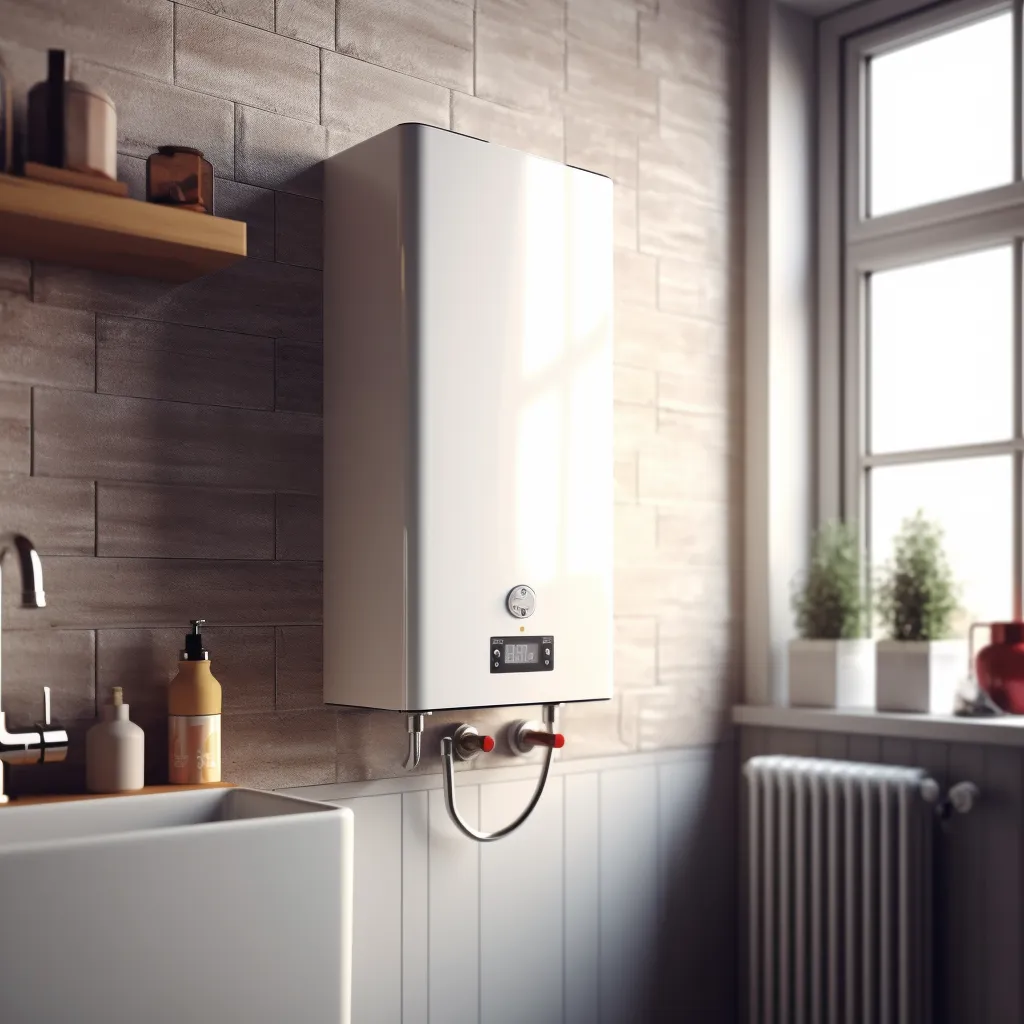
Myth #14: Tankless water heaters are more costly
Tankless water heaters may have a higher initial cost compared to traditional storage tank water heaters, but they offer long-term energy and cost efficiency that make them a worthwhile investment. Unlike storage tank heaters that continuously heat and store water, tankless heaters heat water on demand, which eliminates energy waste and reduces monthly utility bills. Although the upfront cost may be higher, the energy savings over time can offset the initial investment and result in significant long-term cost savings.
Contact Us
GET IN FULL TOUCH
PHONE: (267) 715-3102
EMAIL:
tyler@waterheatersphiladelphia.com
Water Heaters Philadelphia
Philadelphia, PA 19147
